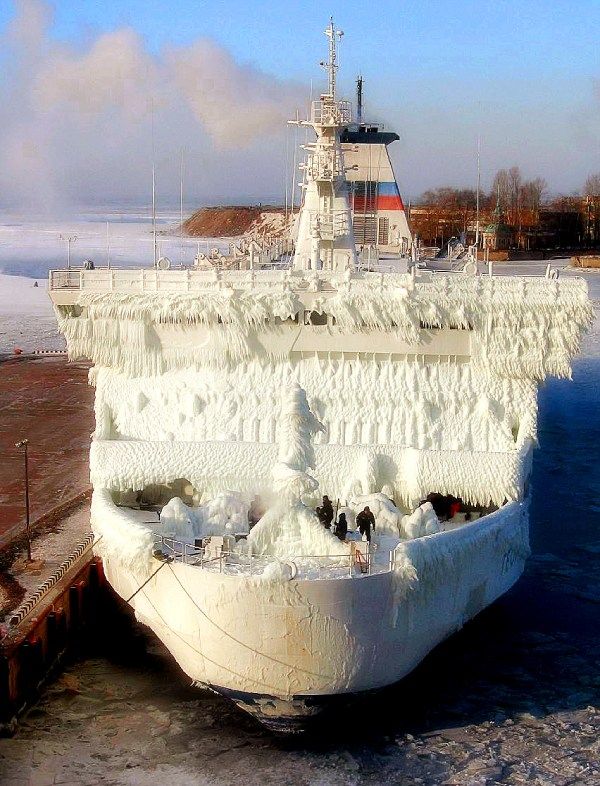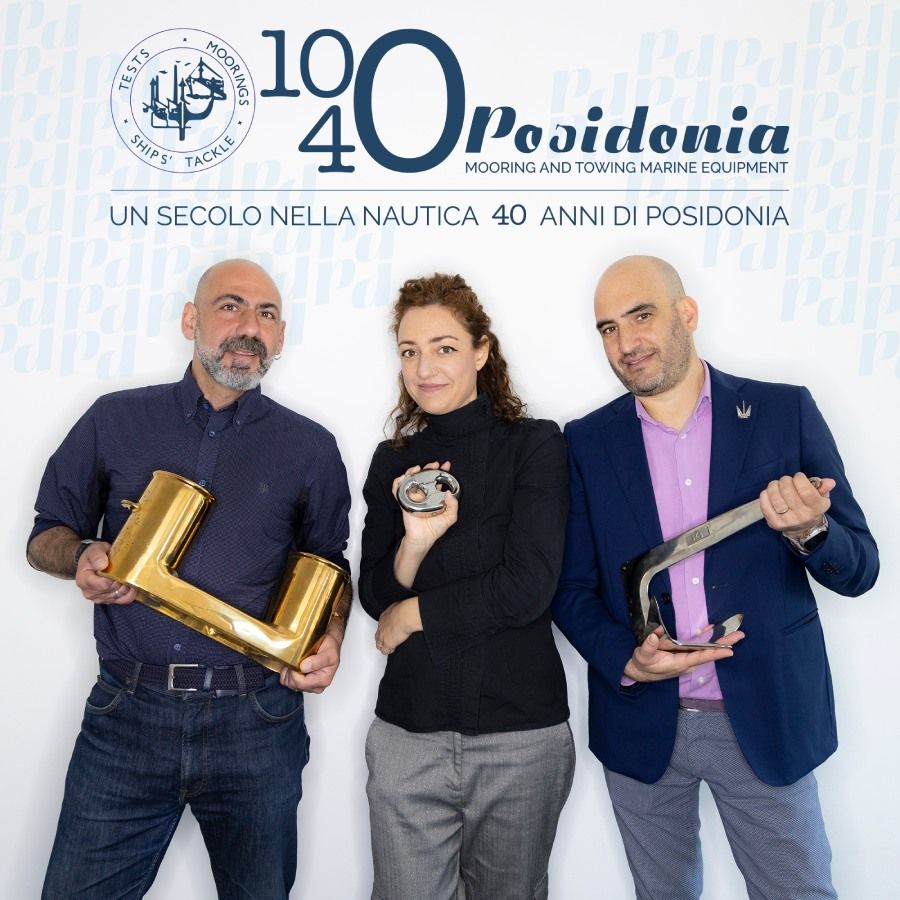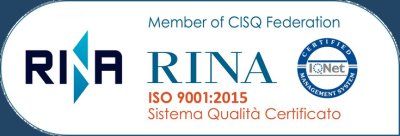Ship winterization is a crucial process to ensure the safety of ships and their crew in low environmental temperatures, especially for those ships sailing the Arctic or Antarctic routes.For this reason, Posidonia produces deck material that goes into low temperatures and meets the requirements for ship winterization.
Low temperatures can cause equipment to freeze due to ice accumulation from weather conditions, sea spray, or due to freezing of liquids within a system.
Therefore, there are requirements and Standards for the preparation of ships intended to sail in cold climates.
Posidonia helps those who must ensure that their ships are properly prepared for winter conditions in order to mitigate risks and ensure safe operations.

The material for deck equipment that has the requirements of winterization is a specific material because metal becomes more brittle as the temperature drops and therefore must have greater resilience capabilities.
To achieve this, specific heat treatments are used in addition to a careful choice of material.

Depending on the specific supply, it may be necessary to use material with a 3.1 (factory) or 3.2 (certified by IACS) certificate.
In the case of winterization at -50° it is almost always necessary to use specific laboratory tests to verify that the materials have the correct mechanical and physical properties to withstand that temperature. An accredited and IACS-certified laboratory will arrange to perform all the appropriate tests on a specimen of the material: yield, rupture, elongation and resilience are just some of the key values to be checked carefully.
Heat treatments depend on the material; some of these treatments are, for example, normalization on structural steels to have higher resilience at low temperatures.
Main materials used for winterization are Aisi 316L stainless steel, Duplex or carbon steel. The filler material that is used for welding should obviously have the same mechanical and chemical characteristics as the base material.
Welders are certified and follow WPS/WPQR procedures for various types of welds, materials and thicknesses.
In the past we have tested cables to be certified to -50°. These tests were done with the help of special equipment, liquid nitrogen, and our 500T test bench.
In 2024 we will provide roller cable trays equipped with an opening hatch accompanied by heating tracks (special cables traversed by electric current) to prevent the formation of ice on them.
Our engineering department is always ready and interested in studying new projects to help those at sea who face the most extreme situations.










COPYRIGHT © 2023 POSIDONIA SRL
UFFICI E OFFICINA - HEAD OFFICE AND WAREHOUSE: VIA TRATTATO DI MAASTRICHT 10 - 15067 - NOVI LIGURE - AL - ITALY PHONE +39 0143 76669 - FAX +39 0143 143 2230 P. IVA 01289670109 REA: GE - 283254 CAPITALE SOCIALE € 161.683,00
PRIVACY POLICY | COOKIEPOLICY | POWERED BY GIORGIA CALVI